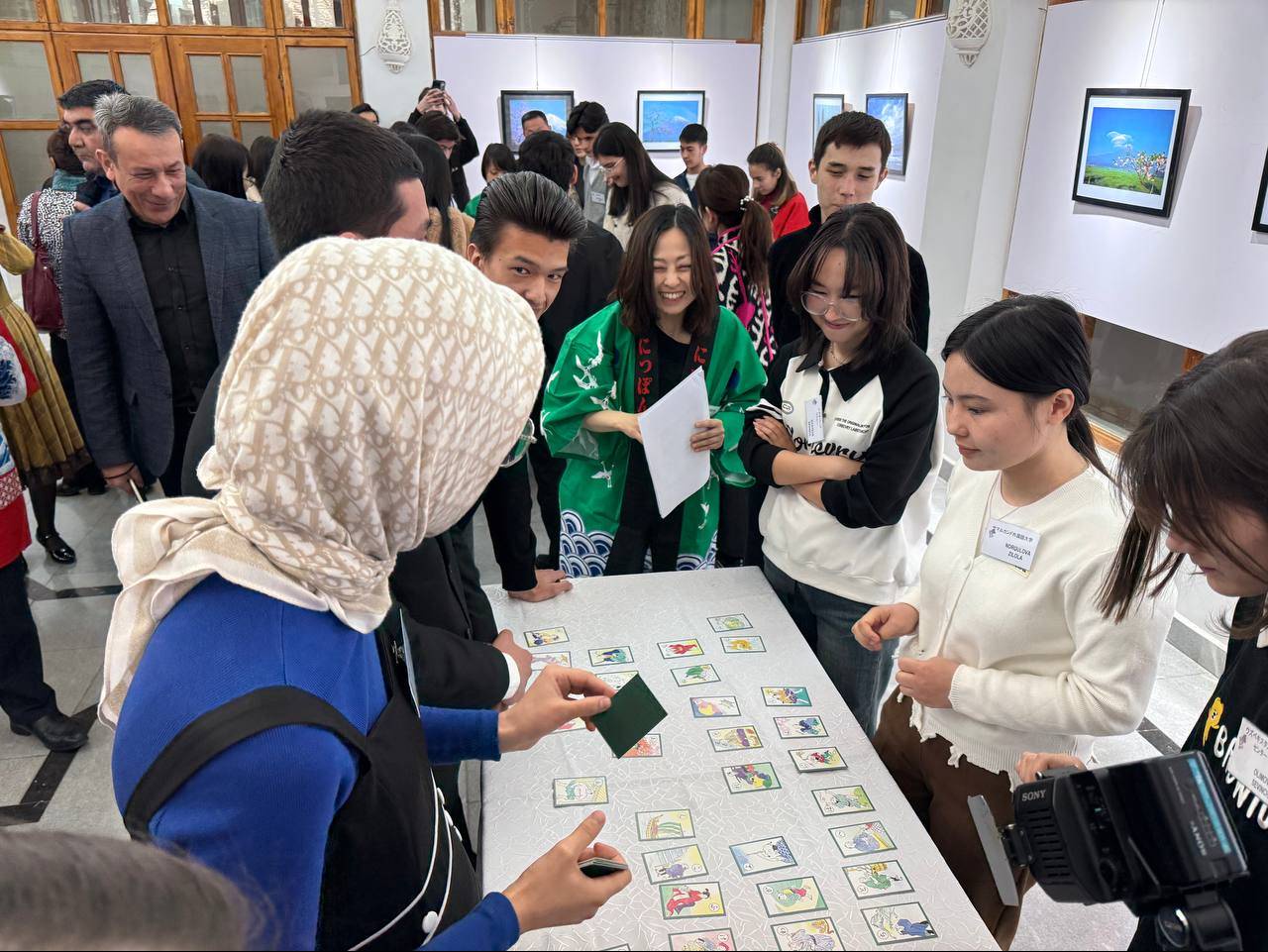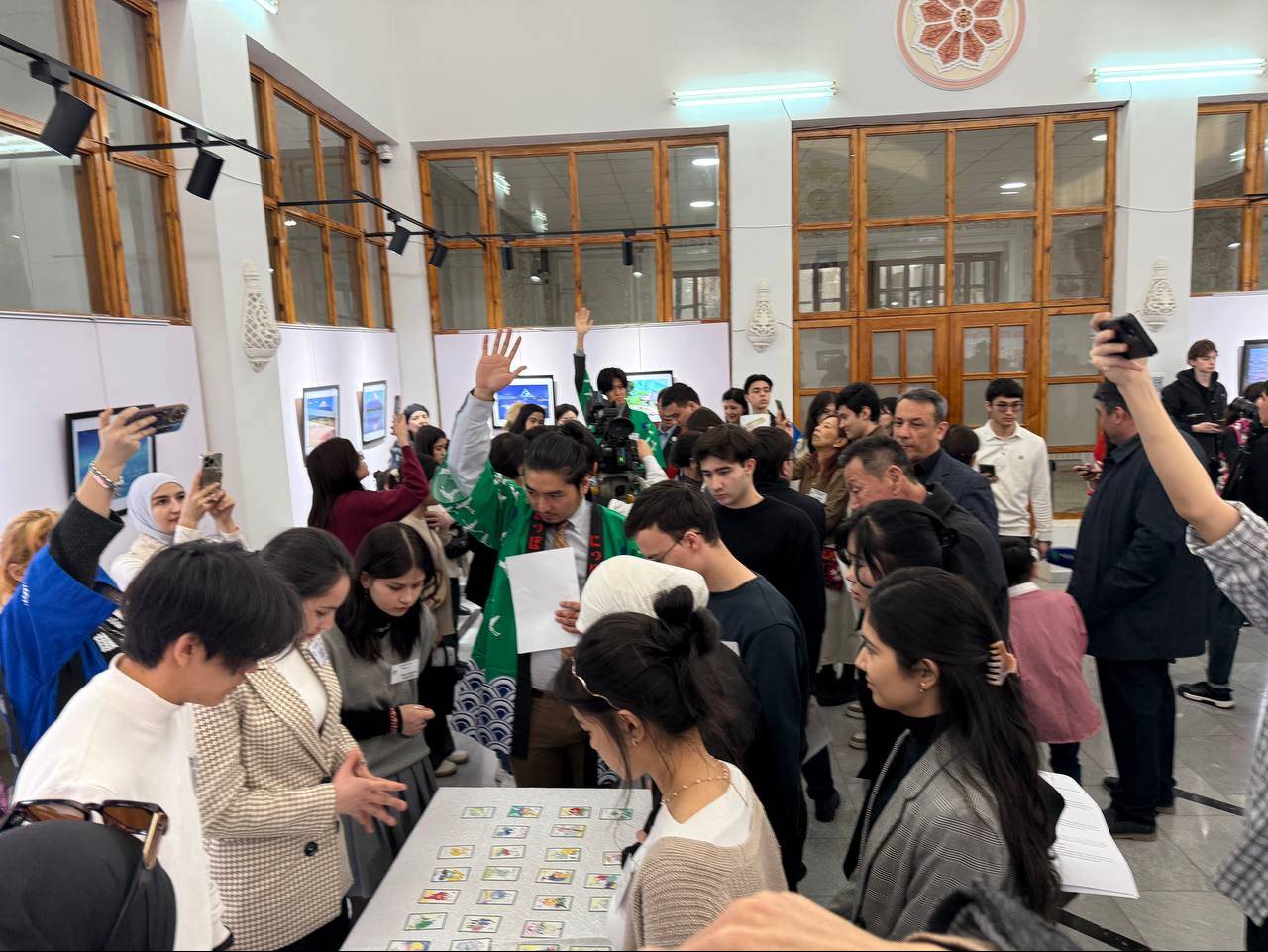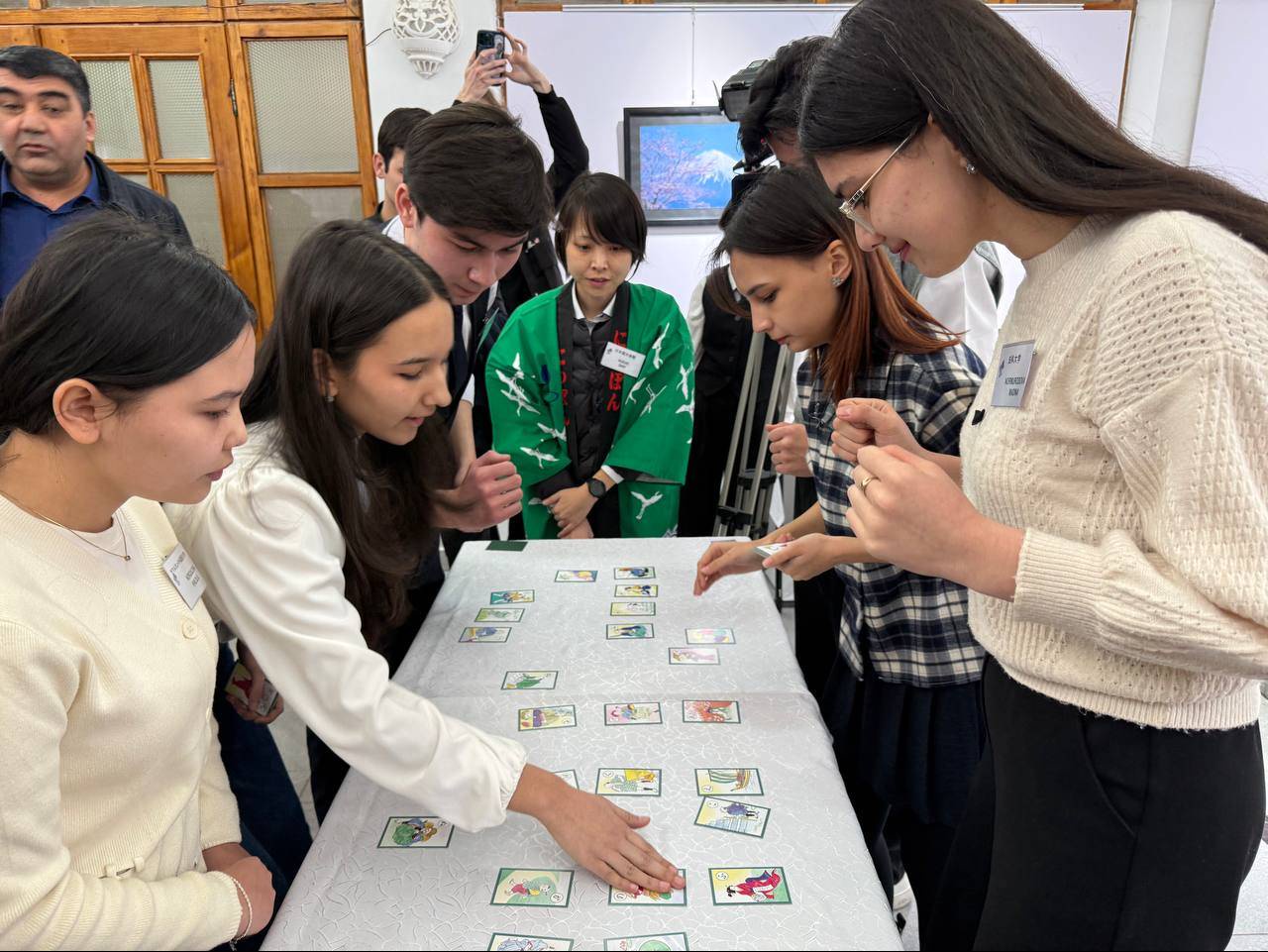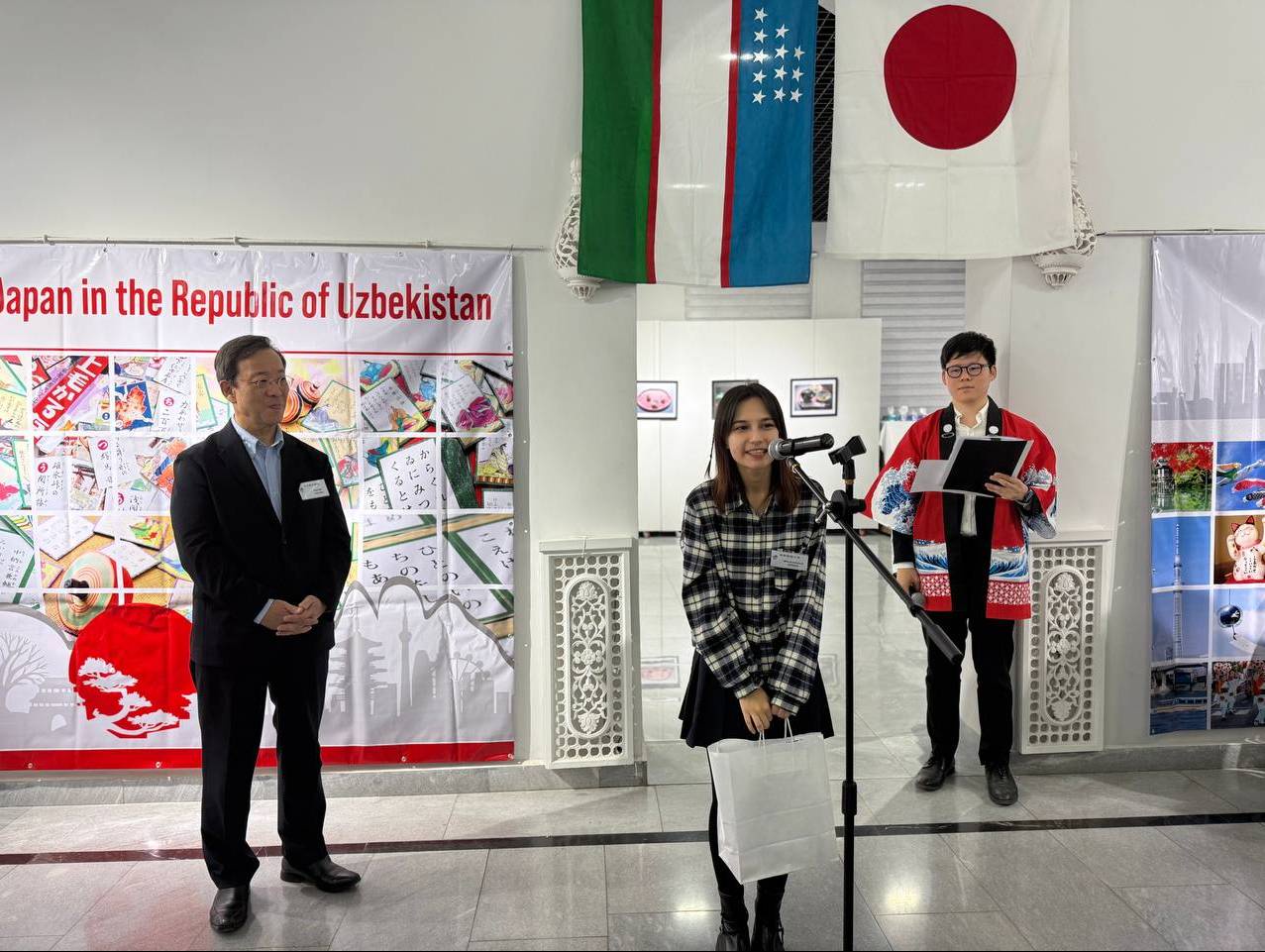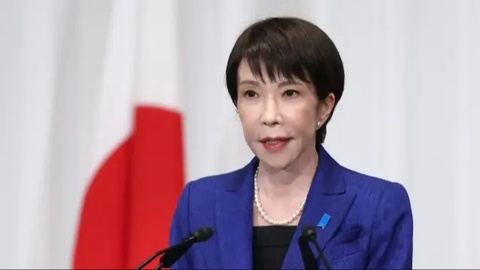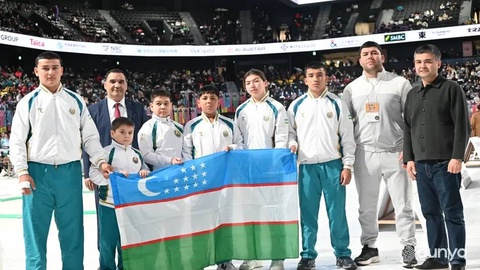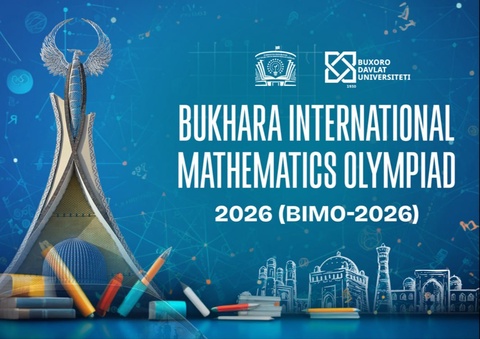The traditional Japanese card game helped the young participants to test their knowledge. Each of the cards contained lines of poetry, sayings, and other sayings. According to the initial letter, which is announced by the host of the game, the participants must have time to understand which of the cards it is related to. Thus, the game helps to reveal greater knowledge of sources, the ability to quickly understand speech in Japanese, and reveals quickness of reaction and quick wit.
As the Japanese Ambassador to the Republic of Uzbekistan, Hatori Takashi, noted at the opening, this, which has already become a traditional event, gives young people who are interested in the Japanese language a chance to prove themselves, stimulates young Uzbekistanis to new successes, and introduces them more deeply to the rich culture of the Land of the Rising Sun.
The tournament was attended by more than 20 students representing Tashkent State University of Oriental Studies, Tashkent State Law University, Uzbek State University of World Languages, University of World Economy and Diplomacy, Samarkand State Institute of Foreign Languages, Japan Digital University, Academic Lyceum of TGUV, as well as the Uzbek-Japanese Center.
The leader of the tournament was a student of UZGUM, Anaida Malkhasova, with a total of 6 prizes. The winners received memorable prizes from the Embassy of Japan in Uzbekistan.
The next tournament will undoubtedly be remembered by every participant. As Hakima Gafurova, Head of the Department of Oriental Languages at UMED, noted: "Besides the fact that this competition is a test of knowledge, including the Hiragana Alphabet and Japanese poetry, it also develops a sense of teamwork. In general, holding such a tournament in Uzbekistan is a big plus for Japanese language students studying Japan in general, a good opportunity to get to know the culture and traditions of this country better. Interestingly, among the initial letters that are announced by the presenter, there are also letters of the old classical Japanese language. In other words, students need serious enough training to participate. The youth of Uzbekistan are very interested in Japan today, as a country where the most modern development and great respect for traditions are closely intertwined."


